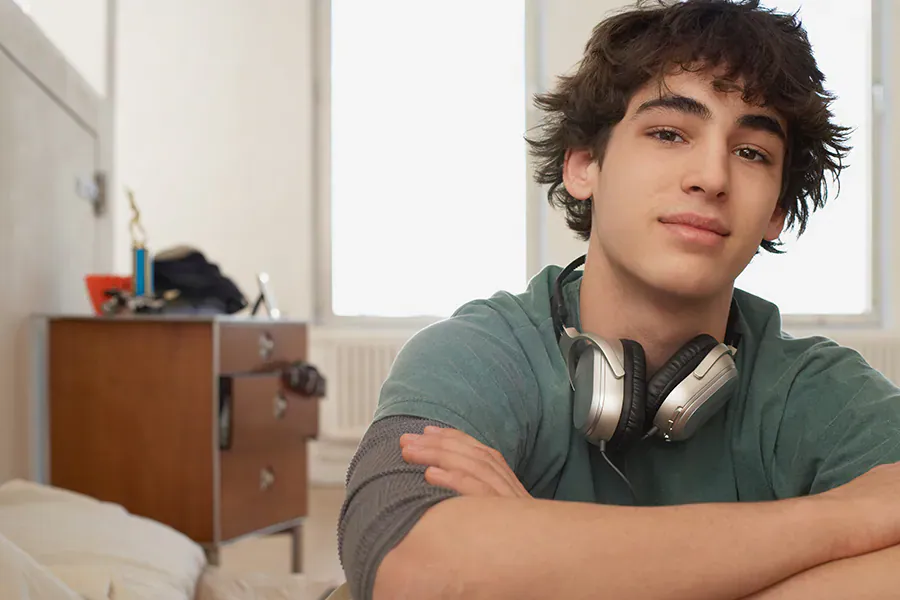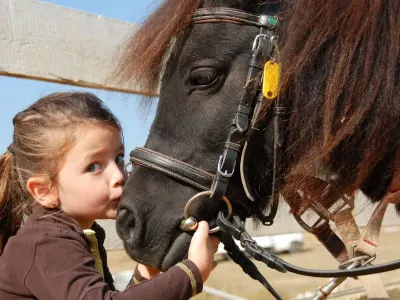Not just teenagers who want to know “what’s in it for me?”

By the time kids are entering the teenage years, it’s fair to say many parents have settled into one or more of the following attitudes about parenting:
“The hardest part is finished”
You’re not missing the lack of sleep, constant worrying about everything from toilet training to swallowing small objects, and the unending questions and literal cries for help. Now’s the time to kick back, relax and start picking up your career and social life – the kids are pretty much able to look after themselves, aren’t they?
“I know all I need to know about parenting”
These days, there are a multitude of books and resources on parenting available (although many are based simply on opinions rather than evidence, Triple P being one of the few exceptions)! Whether or not you spent the early years reading every expert opinion you could get your hands on, somehow you’ve got this far. So now it’s just a case of keep on keeping on, isn’t it?
“I’ve done as much as I can”
This could mean either “I’ve done a good job” or, more worryingly, “things are going pear-shaped but there’s nothing I can do because it’s too late”.
“I’m just doing pretty much what my parents did”
Many people simply repeat whatever parenting experiences they grew up with, which can be fine but limits the opportunity to build knowledge and skills that can help you, your partner and your teenager. This may be especially relevant if your child is quite different in personality to you or your partner, or if the family situation and dynamic are different. For many families, there may be a split or blended family by the time a child is in the teenage years. There is a specific Triple P programme to help with this called Family Transitions, but any of the Teen Triple P programmes can be a good start to getting everyone on the same page.
You might even feel a combination of some or all of these at various times.
However, there’s increasing awareness that the teenage years involve the same kind of rapid change and development that was so much more obvious during toddlerhood. Raging hormones, new technology, updated societal norms and a resulting generation gap, and the overall stress of change can make it seem like your teenager has become a completely different person. (And when you think about, they ARE becoming a different person as they emerge into adulthood.)
Rather than easing off and thinking our job is done, (or throwing up our hands and thinking there’s no point), the teenage years are when our children are still very much in need of our support, guidance, affection and communication. They also need the right combination of supervision and a gradual increase in both freedom and responsibility. It’s definitely not a case of anything goes.
This kind of authoritative (not authoritarian) parenting, research shows, helps protect against risky behaviours such as early sexual activity, pregnancy, smoking and alcohol use; it also helps kids to grow up to do and be their best.
Having heard many of these kinds of statements from parents, I know first-hand the importance of the work we do. I chose this field not only because it’s a fascinating area of research and practice, but because there’s a genuine need for programmes such as ours. It’s been over thirty years since Triple P began, and around 15 years since Teen Triple P programmes were launched. (So in fact, they’re entering the teenage years themselves!) We’ve just developed Teen Triple P Online to make the programme more convenient and accessible to families, which is crucial since there are so many families where both parents are working.
Of the thousands of people who’ve done Teen Triple P around the world, parents and carers come from all works of life and are in different situations. Their kids range in age from pre-teens of around 11 right up to 16-going-on-thirty year olds. They’re parents who are looking for everything from just a little guidance to make sure they’re on the right track and prepared for what’s ahead, to those in the thick of regular and stressful arguments.
Doing a parenting programme isn’t just about dealing with problems – it’s about preparing kids to be successful adults. Maybe, before long, they’ll be settled and having children of their own, which is when a whole new phase of our parenting careers begin. But that’s a whole other blog….

